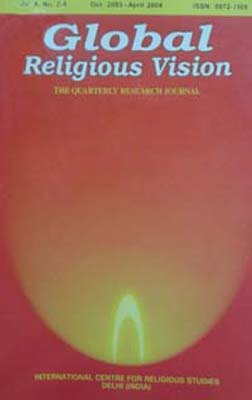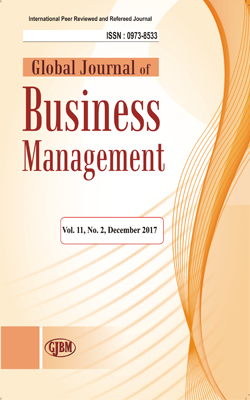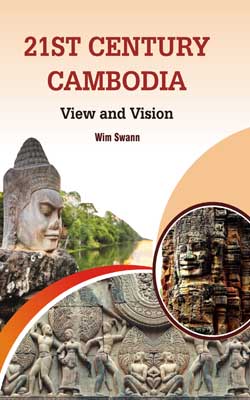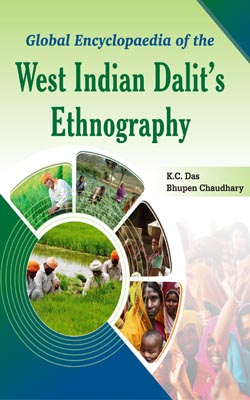Description
About the Book
The Politics is one of the most influential texts in political philosophy. In it, Aristotle explores the role that the political community should play in developing the virtue of its citizens. One of his central ideas is that “Man is a political animal,” meaning that people can only become virtuous by active participation in the political community. Aristotle also criticizes his teacher Plato, classifies and evaluates six different types of constitutions and political institutions, and describes his vision of the ideal state. Aristotle’s views on women and slavery are unenlightened by today’s standards, but his work remains enduring and relevant to this day. Students, teachers, and scholars will welcome this inexpensive edition of the Benjamin Jowett translation, as will all readers interested in Greek thought, political theory, and depictions of the ideal state.
Aristotle is considered one of the most influential thinkers of all time. He was a great philosopher and attended Plato’s Academy in Athens. He had many interests, and many think that the myriad of his interests shaped his political views. His traveling and life experiences may have contributed to his curiosity for democracy. His knowledge of biology showed the naturalism in his politics, which means that he held that all phenomenon can be explained in terms of natural causes and laws. His philosophy is to find the supreme purpose of life, virtue as he puts it. Aristotle wanted the citizens well being and livelihood to be contemplated before any laws were made permanent. After the laws are put into place the politician’s job is to make sure that that they are abided by.
About the Author
Benjamin Jowett was renowned as an influential tutor and administrative reformer in the University of Oxford, a theologian and translator of Plato and Thucydides.











Reviews
There are no reviews yet.